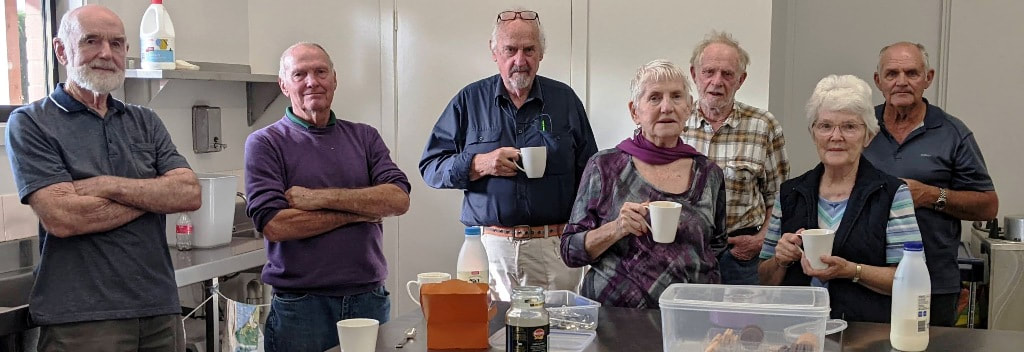We reviewed several books that explain Aboriginal use of land. The fact that indigenous people made quite complicated use of the landscape is something that we are only now coming to realise.
From that we moved to wine making in our local area. For instance, the Tahbilk Winery has a long history of wine making and has experienced lots of problems with at times phylloxera almost closing down the winery.
From that we moved to the development of Railway Lines and we inspected the Octopus Plan. We discussed the Tatong Line. What was it used for? What did it carry?
Neville Gibb


 RSS Feed
RSS Feed
